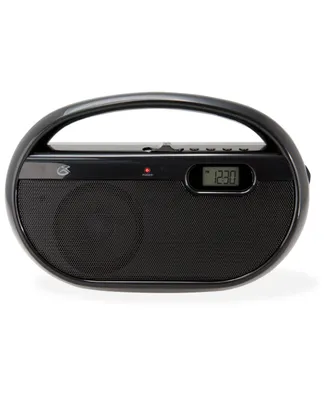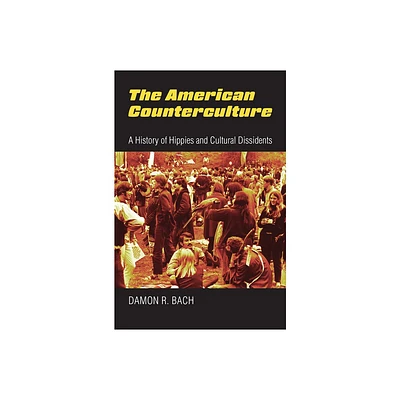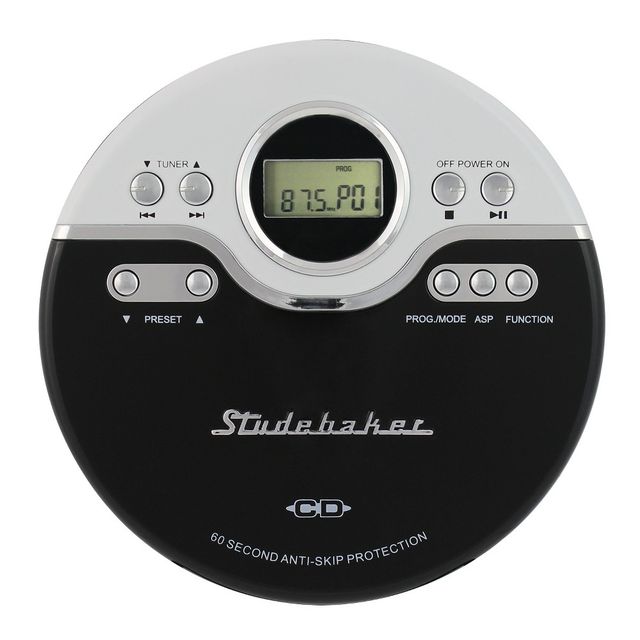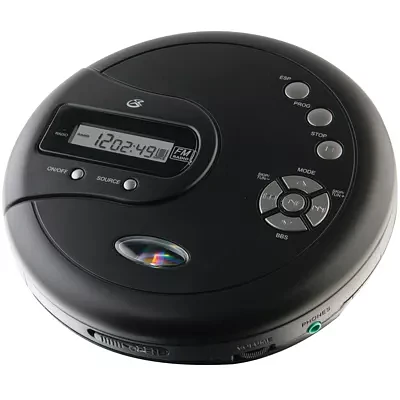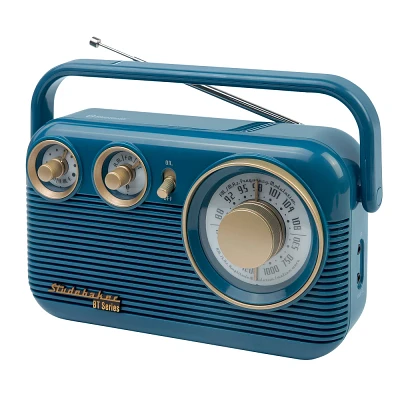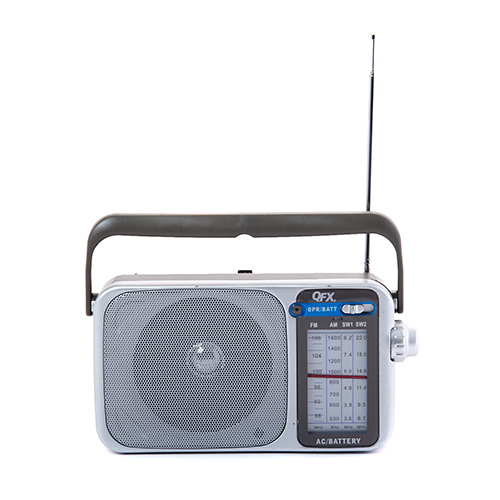Home
Poetry FM: American and Radio Counterculture
Loading Inventory...
Barnes and Noble
Poetry FM: American and Radio Counterculture
Current price: $90.00


Barnes and Noble
Poetry FM: American and Radio Counterculture
Current price: $90.00
Loading Inventory...
Size: Paperback
*Product Information may vary - to confirm product availability, pricing, and additional information please contact Barnes and Noble
Poetry FM
is the first book to explore the dynamic relationship between post-1945 poetry and radio in the United States. Contrary to assumptions about the decline of literary radio production in the television age, the transformation of the broadcasting industry after World War II changed writers’ engagement with radio in ways that impacted both the experimental development of FM radio and the oral, performative emphasis of postwar poetry. Lisa Hollenbach traces the history of Pacifica Radiofounded in 1946, the nation’s first listener-supported public radio networkthrough the 1970s: from the radical pacifists and poets who founded Pacifica after the war; to the San Francisco Renaissance, Beat, and New York poets who helped define the countercultural sound of Pacifica stations KPFA and WBAI in the 1950s and 1960s; to the feminist poets and activists who seized Pacifica’s frequencies in the 1970s. In the poems and recorded broadcasts of writers like Kenneth Rexroth, Jack Spicer, Allen Ginsberg, Amiri Baraka, Audre Lorde, Pat Parker, Bernadette Mayer, and Susan Howe, one finds a recurring ambivalence about the technics and poetics of reception. Through tropes of static noise, censorship, and inaudibility as well as voice, sound, and signal, these radiopoetic works suggest new ways of listening to the sounds and silences of Cold War American culture.
is the first book to explore the dynamic relationship between post-1945 poetry and radio in the United States. Contrary to assumptions about the decline of literary radio production in the television age, the transformation of the broadcasting industry after World War II changed writers’ engagement with radio in ways that impacted both the experimental development of FM radio and the oral, performative emphasis of postwar poetry. Lisa Hollenbach traces the history of Pacifica Radiofounded in 1946, the nation’s first listener-supported public radio networkthrough the 1970s: from the radical pacifists and poets who founded Pacifica after the war; to the San Francisco Renaissance, Beat, and New York poets who helped define the countercultural sound of Pacifica stations KPFA and WBAI in the 1950s and 1960s; to the feminist poets and activists who seized Pacifica’s frequencies in the 1970s. In the poems and recorded broadcasts of writers like Kenneth Rexroth, Jack Spicer, Allen Ginsberg, Amiri Baraka, Audre Lorde, Pat Parker, Bernadette Mayer, and Susan Howe, one finds a recurring ambivalence about the technics and poetics of reception. Through tropes of static noise, censorship, and inaudibility as well as voice, sound, and signal, these radiopoetic works suggest new ways of listening to the sounds and silences of Cold War American culture.
